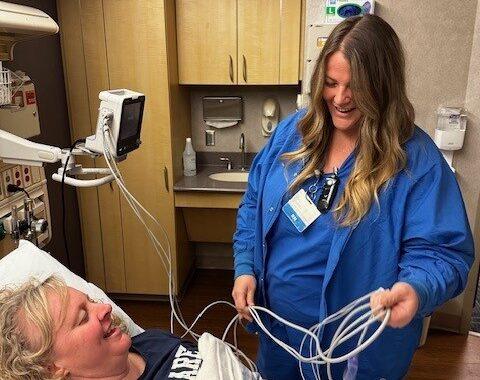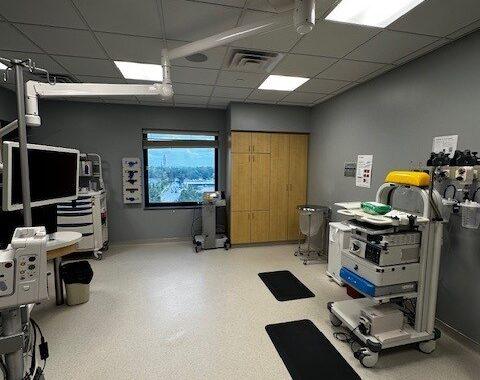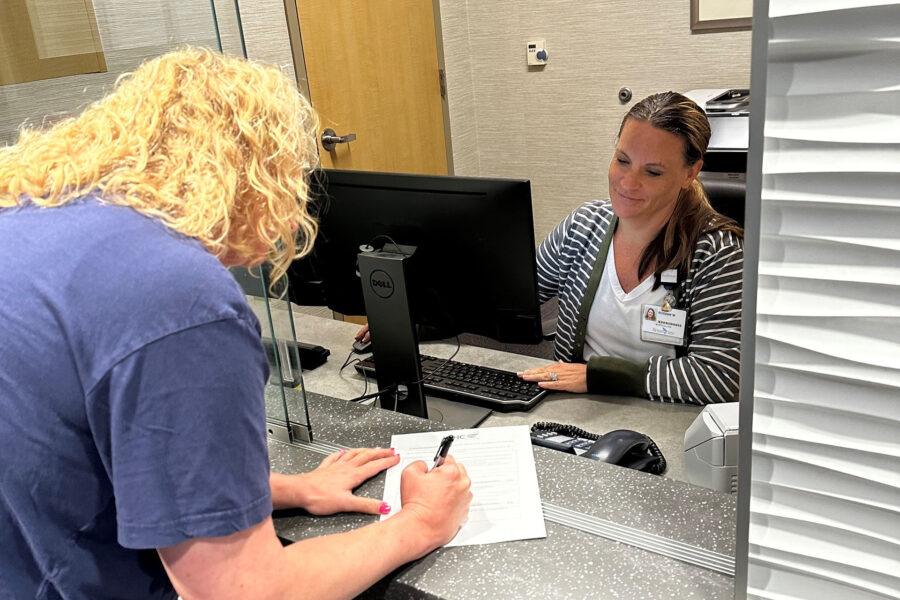

Procedure Prep Instructions
PRIOR TO YOUR PROCEDURE
Nothing after midnight except clear liquids = water, juice without pulp, sports drinks, Jello, popsicles, sodas, soup broth, tea, black coffee (sugar ok, NO creamer). Stop clear liquids 2 hours before your procedure.
- NO red dyes (red, dark blue, or dark purple colors)
- NO milk or dairy products
- NO alcohol
Bring a driver with you. NO public transportation, Lyft, or Uber.
FOR YOUR SAFETY, FAILURE TO FOLLOW THESE INSTRUCTIONS MAY RESULT IN YOUR PROCEDURE BEING CANCELLED.

Anesthesia FAQ
What Types of Anesthesia Are There?
Conscious sedation: Involves medication through an IV that helps you relax and may make you drowsy, but you remain responsive. No interventions are required to maintain a patent airway, and spontaneous ventilation is adequate.
Monitored Anesthesia Care: Monitored Anesthesia Care (MAC) is a type of anesthesia service in which an anesthesia clinician continually monitors and supports the patient’s vital functions; diagnoses and treats clinical problems that occur; administers sedative, anxiolytic, or analgesic medications if needed
No sedation: Certain diagnostic procedures may not require sedation at all
What Can I Expect After Anesthesia?
The sedation provided may cause a short-term amnesic effect which may result in no recollection of conversations with health care providers after the examination.
Most of the time, patients wake up very quickly after their procedure. However, they are not conscious enough to drive themselves home. Judgment can be affected by medications, and it is important not to drive, operate dangerous equipment or sign any legal papers for 24 hours after receiving any medication for sedation. You MUST bring a responsible adult to drive you home. No public transportation. Your procedure could be cancelled if you do not have a driver.
What Are The Potential Complications of Anesthesia?
Anesthesia is generally very safe, especially when administered by trained professionals in a controlled setting like an endoscopy center. However, as with any medical treatment, there are some potential risks and side effects, which may include drowsiness, dizziness, sore throat, confusion, and grogginess. Sedation occasionally can affect breathing or blood pressure. In rare cases, there could be an allergic reaction to the medications.
Your anesthesia plan is tailored to your specific needs and medical history, and you will be monitored continuously before, during, and after your procedure to ensure your safety. Your doctor or anesthesia provider will discuss any concerns with you before the procedure.
